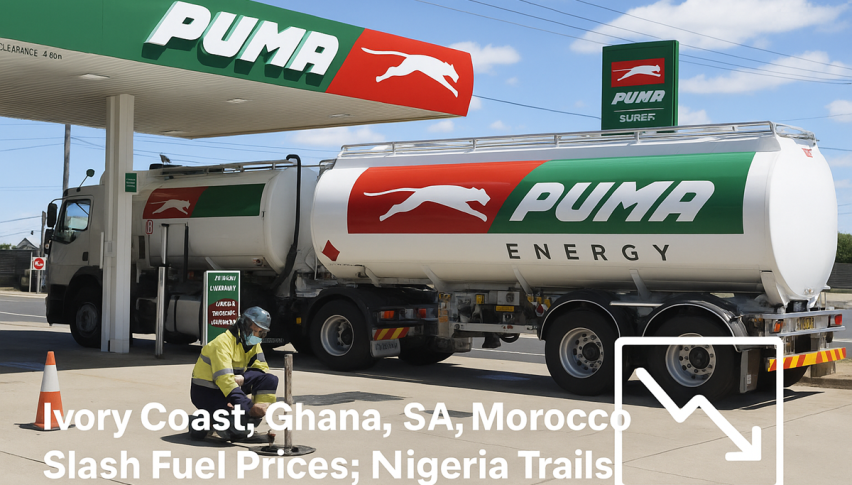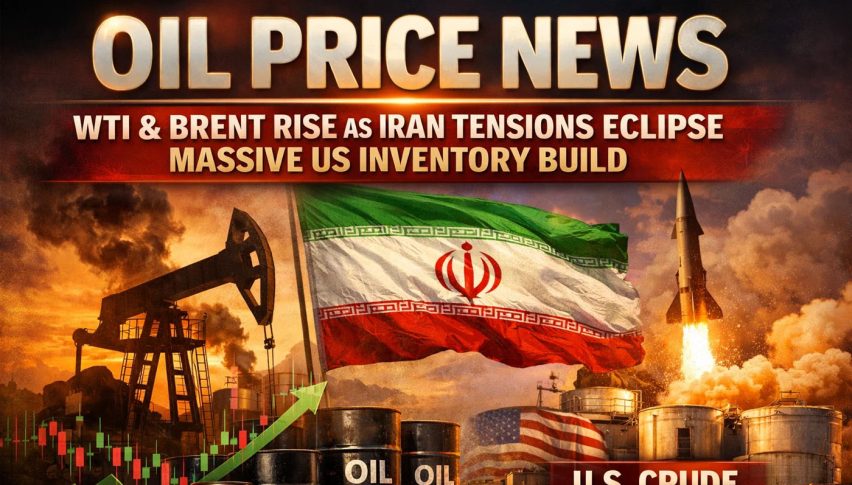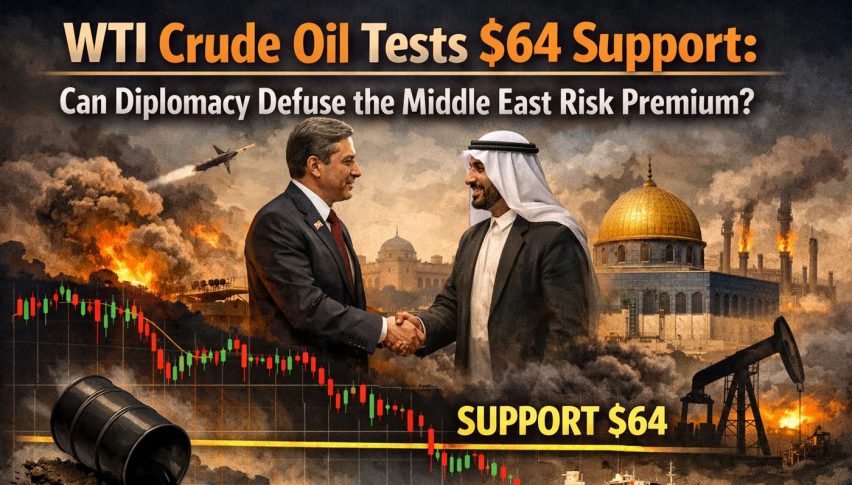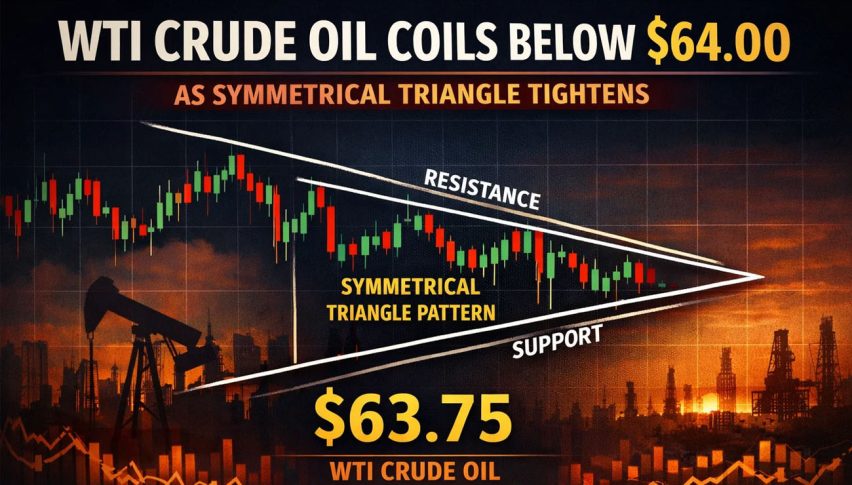Nigeria Petrol Price Cuts Lag, While Fuel Prices Slashed Across Africa After Crude Drop
Global oil price cuts are resulting in significant fuel price relief across Africa, albeit unevenly, since local conditions and...

Quick overview
- Global crude oil prices have been declining since 2023, with a partial rebound due to softened trade tariffs.
- Several African countries, including Ivory Coast, Mali, Morocco, and South Africa, have begun reducing fuel prices in response to lower global prices.
- Despite these reductions, Nigeria, Africa's largest oil producer, continues to face high fuel prices due to inadequate refining capacity and the removal of fuel subsidies.
- The Dangote Petroleum Refinery is actively lowering its prices to gain market share, but challenges in distribution and competition persist in Nigeria.
Significant gasoline price relief is being experienced throughout Africa as a result of global oil price reductions, but unevenly, as local infrastructure and conditions affect how benefits are felt.
Crude Oil Under Pressure Despite Partial Rebound
Since 2023, global crude oil prices have been on a downward path, with an accelerated drop following the imposition of trade tariffs in early April. Although a partial rebound occurred as some tariffs were delayed or softened, prices remain weak overall. The anticipation of increased output from OPEC+—especially after Donald Trump’s return to office—has also weighed on sentiment, keeping oil markets under pressure.
Fuel Prices Drop Across African Economies
Several African countries have begun passing on these global price reductions to consumers. Over the past week, governments in Ivory Coast, Mali, Morocco, and South Africa announced cuts to gasoline and diesel prices.
Ivory Coast saw its first fuel price decline since 2020, with diesel dropping to 700 CFA/litre and unleaded gasoline to 855 CFA/litre.
South Africa reduced petrol prices again to R21.29/litre on May 7, 2025, after two consecutive cuts in prior months. A further decrease is expected in June.
Mali and Morocco also adjusted pump prices in response to the global crude slump since January.
Not All Markets See the Same Relief
While falling fuel prices can ease inflation and reduce transport costs, benefits remain uneven. Nowhere is this clearer than in Nigeria, Africa’s largest oil producer. Despite its resource wealth, the country lacks adequate domestic refining capacity and removed long-standing fuel subsidies in 2023. As a result, fuel prices remain high in many areas.
However, Nigeria’s state-run oil company, NNPC Limited, has taken steps to respond to mounting pressure by cutting the price of Premium Motor Spirit (PMS) in Abuja from ₦935 to ₦910 per litre. Still, this price adjustment hasn’t yet reached Lagos and other regions, revealing the fragmented nature of fuel distribution and pricing.
Refinery Competition Intensifies in Nigeria but Dangote Will Likely Overwhelm
Meanwhile, the privately owned Dangote Petroleum Refinery, which has a daily capacity of 650,000 barrels, has continued to lower its gantry prices in a bid to gain market share. After reducing prices from ₦865 to ₦835 per litre last month, Dangote cut again over the past weekend to ₦825 per litre.
As domestic competition heats up, broader price normalization could eventually reach more Nigerian cities—but logistical, political, and economic hurdles remain.
- Check out our free forex signals
- Follow the top economic events on FX Leaders economic calendar
- Trade better, discover more Forex Trading Strategies
- Open a FREE Trading Account
- Read our latest reviews on: Avatrade, Exness, HFM and XM


